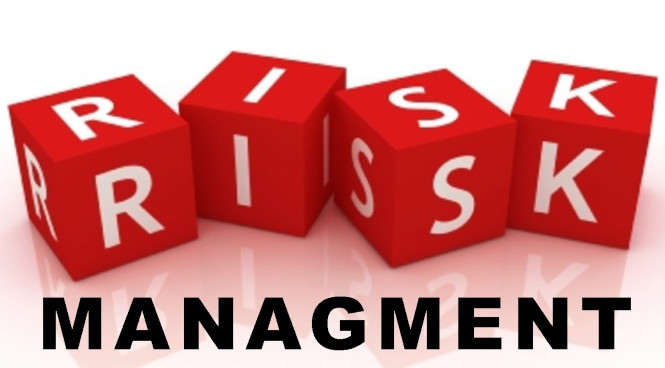MANAGING BUSINESS RISK
There is a level of risk in everything we do, from learning to swim to falling in love or starting a new business venture.
Business risk refers to a threat to the company’s ability to achieve its goals risk and can be influenced by various external factors, which may include rising prices of raw materials for production, growing competition, and even changes and additions to existing regulations set by the government.
Despite the risks that come with starting a business, smart entrepreneurs always identify the risks with the aim of making the best possible choices. In the event that things don’t go as planned? Smart entrepreneurs don’t quit, rather they develop a new strategy from a wiser perspective.
In a world dominated by increasing globalization, rapidly evolving technology and a shifting regulatory landscape, organizations now require risk advisory support before making decisions relating to market entry, employment, partnerships/joint ventures, expansion, competitive tenders etc.
This week’s blog post identifies some potential risks faced by businesses and proffers options on mitigating such risks.
#Financial Risk:
What if customers don’t’ patronize my services? What if we don’t get this contract? What if my biggest client goes elsewhere? What if an employee embezzles money? These are some of the questions that agitate the mind of entrepreneurs and as we well know cash flow is the lifeblood of every business. It is thus important that companies manage their financials properly with the help of professionals. It is also advisable but not compulsory to have some funds stashed away which can sustain the business for at least 3-6 months. Businesses should also look at innovative ways to finance their business e.g. supplier credit, installmental payments plans etc. Effective controls should also be put in place to avoid risk of funds mismanagement e.g. A system of double signatories for checks and invoice/payables verification can help prevent embezzlement and fraud.
#Personnel Risks
Have I hired the right people? Can my employees deliver? Are my employees trustworthy? Do my employees have the qualifications they claim? Employees are a key asset in all organisations and yet they also represent one of the greatest sources of risk. Entrepreneurs must put an effective hiring process in place which should include reference checks and background checks. It is also important to communicate the Company’s policies and values to employees through a well-crafted staff handbook.
#Legal Risks
Successful business leaders that have built businesses that withstand the test of time understand this crucial truth: devoting your life, time, passion, and assets to a growing and vibrant business could be for nothing if you are exposed to a fatal legal risk. It is essential you retain the services of an attorney who understands your business, negotiates and drafts your contracts, obtains necessary permits and licenses, pursue claims where there is a breach of contract etc.
Conclusion
These are just a few broad examples but business risk originates from many different sources. The best way for a business to manage risk is to evaluate risk factors, create a risk management strategy and then make contingency plans on how to deal with the risk if it occurs.



